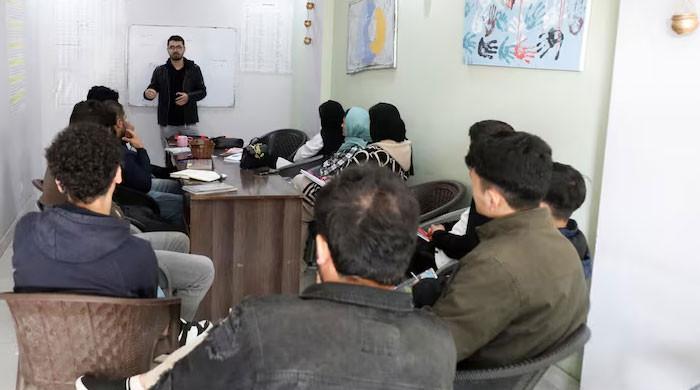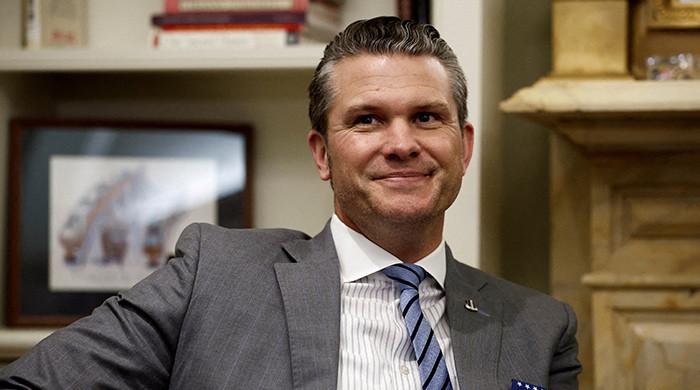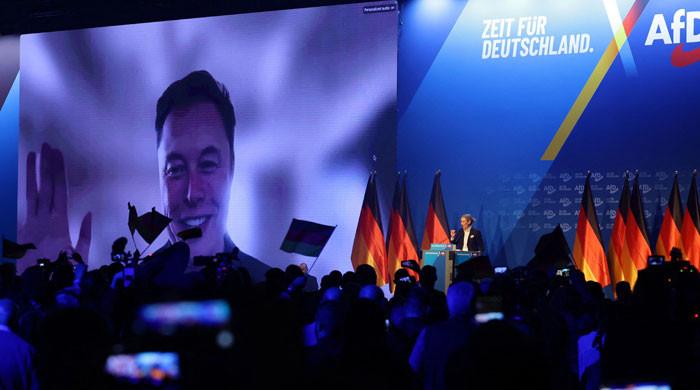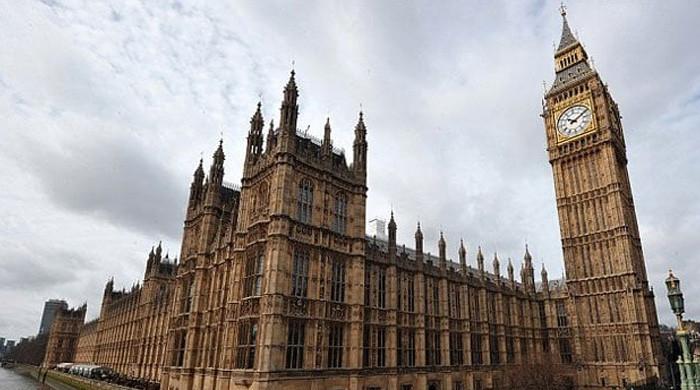US threatens bounties on top Taliban leaders over detention of Americans in Afghanistan
We will have to immediately place very big bounty on their [Afghan Taliban's] top leaders, says State secy Marco Rubio
January 26, 2025
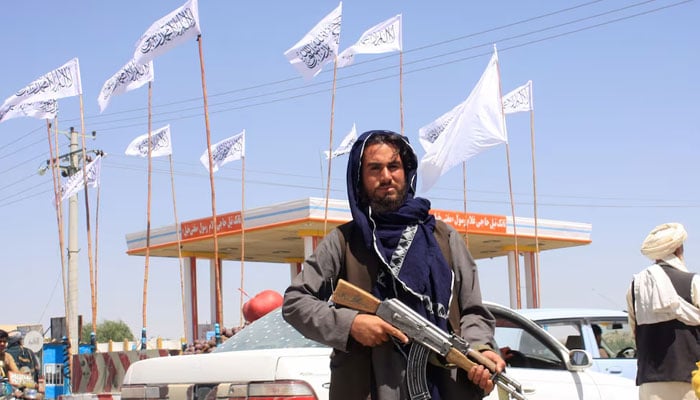
- Marko Rubio fears far more Americans are detained in Afghanistan.
- Says they might impose higher bounty than that of Osama bin Laden.
- Official does not describe who other Americans hostages may be.
WASHINGTON: The United States has threatened bounties on the heads of Afghan Taliban leaders over the issue of Americans detained in the war-torn country.
"Just hearing the Taliban is holding more American hostages than has been reported. If this is true, we will have to immediately place a VERY BIG bounty on their top leaders, maybe even bigger than the one we had on [Osama] bin Laden," said US Secretary of State Marco Rubio in a post on X.
Sharply escalating the tone, Secretary Rubio said that more Americans may be detained in Afghanistan than previously thought.
The threat comes days after the Afghan Taliban government and the US swapped prisoners in one of the final acts of former president Joe Biden.
The new top US diplomat issued the harsh warning via social media, in a rhetorical style strikingly similar to his boss, President Donald Trump.
Rubio did not describe who the other Americans may be, but there have long been accounts of missing Americans whose cases were not formally taken up by the US government as wrongful detentions.
In the deal with the Biden administration, the Taliban freed the best-known American detained in Afghanistan, Ryan Corbett, who had been living with his family in the country and was seized in August 2022.
Also freed was William McKenty, an American about whom little information has been released.
The US in turn freed Khan Mohammed, who was serving a life sentence in a California prison.
Mohammed was convicted of trafficking heroin and opium into the United States and was accused of seeking rockets to kill US troops in Afghanistan.
Washington offered a bounty of $25 million for information leading to the capture or killing of Osama bin Laden shortly after the September 11, 2001 terror attacks, with Congress later authorising the secretary of state to offer up to $50 million.
No one is believed to have collected the bounty for bin Laden, who was killed in a US raid.
Strict stance on Taliban?
Trump is known for brandishing threats in his speeches and on social media. But he is also a critic of US military interventions overseas and in his second inaugural address Monday said he aspired to be a "peacemaker."
In his first term, the Trump administration broke a then-taboo and negotiated directly with the Taliban — with Trump even proposing a summit with the then-insurgents at the Camp David presidential retreat — as he brokered a deal to pull US troops and end America's longest war.
Biden carried out the agreement, with the Western-backed government swiftly collapsing and the Taliban retaking power in August 2021 just after US troops left.
The scenes of chaos in Kabul brought strong criticism of Biden, especially when 13 American troops and scores of Afghans died in a suicide bombing at the city's airport.
The Biden administration had low-level contacts with the Taliban government representatives but made little headway.
Some members of Trump's Republican Party criticised even the limited US engagements with the Taliban government and especially the humanitarian assistance authorised by the Biden administration, which insisted the money was for urgent needs in the impoverished country and never routed through the Taliban.
Rubio on Friday froze nearly all US aid around the world.
No country has officially recognised the Taliban government, which has imposed severe restrictions on women and girls.
The International Criminal Court's chief prosecutor on Thursday said he was seeking arrest warrants for senior Taliban leaders over the persecution of women.




